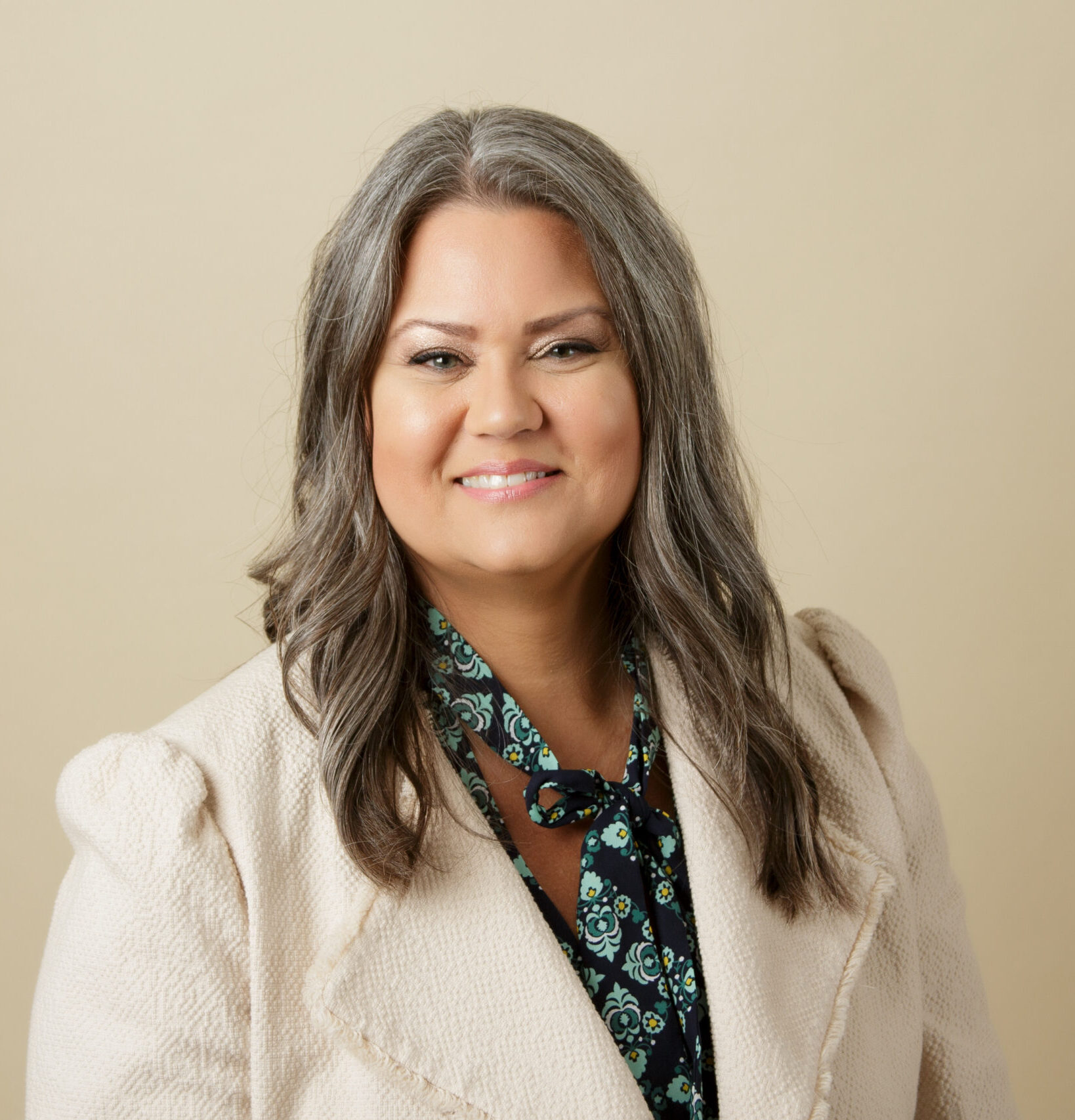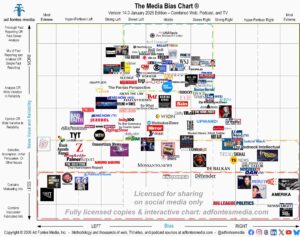
Media Literacy Education is a Good Thing
Author:
Jennifer Arvin Furlong
Date:
01/18/2024
In a recent article, “Left and Right Agree – We’re Definitely Biased to the Other Side,” Ad Fontes Media founder and CEO Vanessa Otero addressed assertions made against our company, our staff, and our mission by left-leaning as well as right-leaning media. Ad Fontes has always been open to address complaints, field questions, and correct our mistakes when called to our attention. We have made a good faith effort to have open dialogue about the hyper-polarization that exists in the media ecosystem, the critical need for ethics in journalism, and why media literacy is important to ensuring we have well-informed citizens. Still, certain outlets continue to publish attacks on us, and increasingly (strangely), on the concept of media literacy in general. This is an inherent challenge of being in the business of assessing news for reliability and bias.
Accusations of unfairness and concerns about our content analysis methodology are not new. Before I joined Ad Fontes Media, I had never heard the word “centrist” used as a derogatory label, despite our organization making it clear that we believe bias is not inherently bad. As a matter of fact, we value diversity of thought so much that we actively seek out analysts from across the political spectrum to rate the news together. Different points of view are valued here, and the ability to debate and discuss them, we believe, are the fundamental basis for how we can bridge the political divide and progress as a society. Being open to considering left-leaning, right-leaning, and centrist points of view helps us avoid groupthink. It encourages free thought and the exchange of ideas, both basic tenets of freedom. It encourages accountability, a basic tenet of democracy. And in order for it to work effectively, it requires that we be committed to doing our work with integrity.
This brings me to the point of this article. Unfortunately, Ad Fontes Media and Media Literacy Now, both organizations with which I am affiliated, are yet again drawing fire from media organizations who insist on making gross accusations about us. Questioning Ad Fontes Media’s methodology and mission is legitimate. Questioning Media Literacy Now’s advocacy efforts and mission is legitimate. Fabricating or sensationalizing information about those things is not legitimate. Using fear appeals or failing to substantiate claims about the work those organizations are doing is not legitimate.
Accuracy, integrity, and truthfulness are cornerstones of ethical journalism. Media organizations and their journalists have an ethical obligation to their audiences to report information fairly and honestly. The vast majority of people, whether they are politically center, right or left, agree on these basic sentiments; unfortunately, not everyone in the media ecosystem does.
Most reasonable people also agree, regardless of political ideology, that media literacy–which is fundamentally just critical thinking applied to media consumption–is a necessary skill. We live in a world rich with readily accessible information. The ability to critically analyze the stories we read from news and news-like organizations to assess their accuracy and credibility is a skill we all need to develop. This is how we can best protect ourselves from manipulation. This is exactly why organizations like Ad Fontes Media and Media Literacy Now exist and why I choose to work with them.
Now, it is completely valid to have concerns that media literacy is being taught in a partisan or highly biased way. There are definitely educators and legislators across the country pushing for more liberal and conservative approaches to all curriculum, including media literacy curriculum. But “media literacy” itself isn’t inherently a partisan topic any more than “history” is an inherently partisan topic. To figure out if a media literacy organization or program is biased, it’s important to look at their actual commitments and approaches. Ad Fontes Media and Media Literacy Now are both strongly committed to non-partisan approaches, but don’t take our word for it. Look through our websites and materials.
So, if you happen to read any articles claiming that Ad Fontes promotes a “left-wing agenda” or that Media Literacy Now promotes censorship, not only are these claims unfounded, they are the opposite of what these organizations stand for. And if you read they are in league with one another to achieve some nefarious plot to brainwash U.S. citizens or indoctrinate school children to a particular ideology, please remember they aren’t made up of a collection of faceless bad actors in a conspiracy-thriller film. We are human beings who believe media literacy is the key to empowering individuals to be savvy consumers of communication.
We need free-thinkers. We need an electorate that can tell the difference between fact reporting, analysis, and opinion. We need a society filled with individuals who understand how media messages are constructed so they can make more informed choices. We need media literacy education for young and old alike, so they can tell the difference between messages intending to inform versus messages intending to manipulate.
Media literacy education is a good thing. Naturally, individuals and groups who are more interested in pushing their side’s bias might try to convince you otherwise.
If you want to get updates on our media literacy materials as well as keep up on all of the important work being done by Ad Fontes Media, subscribe to our free email newsletter!


